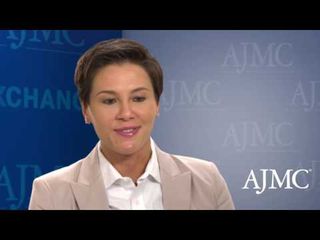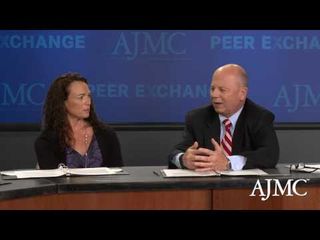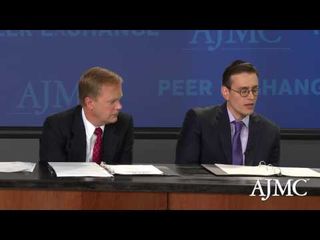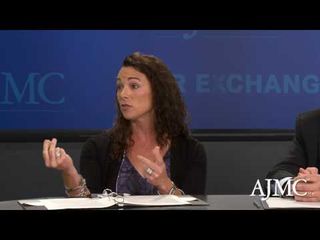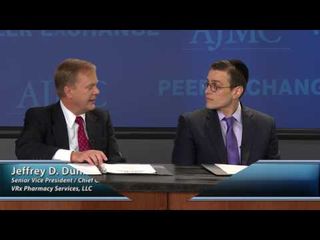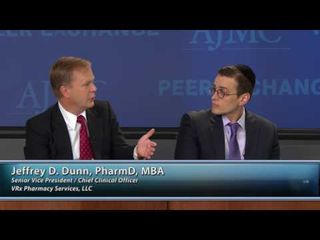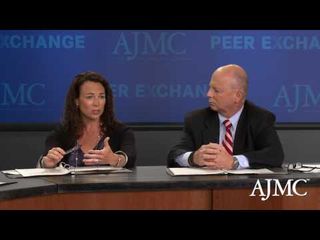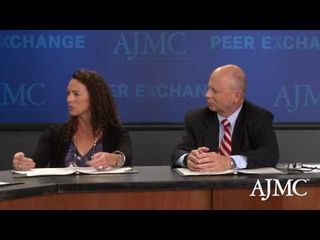
Clinical
Latest News
Latest Videos

More News

The translation of immuno-oncology agents from the research to the practice arena may provide significant clinical benefit to patients with difficult-to-treat malignancies. The further development and marketing of these agents could escalate the discussion on care equity in a time of constrained resources.

Ashish K. Jha, MD, MPH, discusses how the World Health Organization and other public health agencies are handling the Zika virus, and what role the media plays in their responses to global pandemics.

This week, the World Health Organization labelled the Zika virus a public health emergency. Here is a look at the evidence of the relationship between the virus and microcephaly.

What we're reading, February 3, 2016: President Obama is asking Congress for $1.1 billion to combat the opioid abuse epidemic; 7 blockbuster drugs with the potential for more than $1 billion in sales each are expected in 2016; and less than half of infants are vaccinated against the flu.

Nearly one-third of national medical malpractice complaints involve some form of communication failure, according to the report “Malpractice Risks in Communication Failures” from CRICO.

Annual report from the United States Renal Data System reveals positive and negative trends in kidney disease and touches on several topics related to the prevalence, costs, and treatment of the diseases.

The generic manufacturer may try to maximize profits during the initial exclusivity period, says an expert from a leading health plan.

With increasing evidence of comparable efficacy and reduced toxicity of proton beam therapy, payers may have to reevaluate coverage policies.

What we're reading, February 1, 2016: some medical researchers disagree with sharing raw data used in their research; the medical community is torn on whether or not the annual checkup is worthwhile; and Donald Trump vows to extend healthcare coverage to the lower class.

Providing cancer patients with multiple life-threatening conditions with earlier palliative care consultation can be helpful in bringing down healthcare spending in enormous proportions, according to a new study published in Health Affairs.

Each month, The American Journal of Managed Care hosts a Twitter chat (#AJMCchat) with a different expert. This month’s chat covered care pathways and featured Robert W. Dubois, MD, from the National Pharmaceutical Council.

Biopharmaceutical and diagnostic companies from around the world have come together to call for improved incentives to develop antibiotics that fight superbugs.

A study presented at the annual meeting of the American Society of Hematology concluded that tbo-filgrastim is similar to filgrastim for ASCT mobilization in patients with MM or NHL.

A study comparing the efficacy of tbo-filgrastim with filgrastim when used to mobilize peripheral blood stem cells or to accelerate engraftment after autologous stem cell transplantation found no clinically meaningful differences, plus tbo-filgrastim saved money.

Mortality in adolescent and young adult Hodgkin lymphoma patients is significantly affected by ethnic and socioeconomic factors, as well as insurance status, according to a new study published in Cancer Epidemiology, Biomarkers & Prevention.

Study finds a link between maternal obesity and diabetes and a significant increase in the risk of autism spectrum disorder in children.

A study presented at the 57th meeting of the American Society of Hematology finds that distance from the site of care could could adversely affect outcomes in children with acute lymphoblastic leukemia and acute myeloid leukemia.

At the annual meeting of the American Society of Hematology, researchers from the Aflac Cancer and Blood Disorders Center presented analysis evaluating the factors that influence health outcomes in children with sickle cell disease.

Learn where clinical care pathways stand today and what the future holds with respect to developing and implementing them.

What we're reading, January 29, 2016: newly approved hepatitis C cure will increase competition; California will vote on a proposition to control the cost of prescription drugs; and a special report details drug shortages and rationing decisions.

The FDA has created the Drug Trial Snapshot, which provides details on the demographic profiles of participants in clinical trials of approved drugs.

A review by an independent Data Monitoring Committee found that nivolumab improved overall survival in patients with squamous cell carcinoma of the head and neck, compared with the control arm.

A study presented during a health outcomes session at the American Society of Hematology meeting evaluated the difference in overall survival in patients with acute lymphoblastic leukemia treated in academic versus nonacademic hospitals.

Results presented at the annual meeting of the American Society of Hematology found that many patients diagnosed with chronic myeloid leukemia may not have access to or receive appropriate care, in part due to their insurance coverage.

Results from a patient-reported outcomes measure of symptoms and symptom burden, experienced by patients with acute myeloid leukemia and myelodysplastic syndrome, were presented at the 57th annual meeting of the American Society of Hematology.
